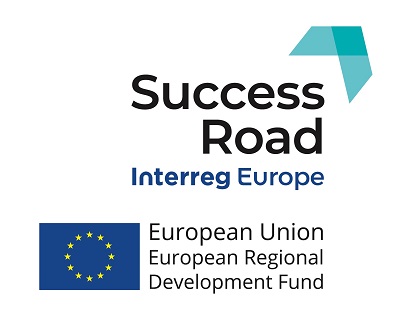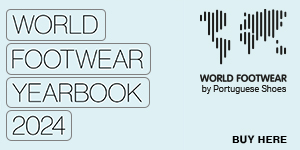Success Road: social partners as key actors in assisting the transfer process of EU family business

Last week, the Interreg Europe Success Road project consortium met virtually with Spanish public and private stakeholders to debate on the role of social partners in facilitating the transfer process of EU family businesses
During the online workshop, legal and fiscal experts shared their expertise in an attempt to guide policy makers at regional and national level in Europe. The experts agreed that many companies would have survived if their succession was planned well in advance. Transferring a business, a family legacy, was a challenging step, and families often postponed this moment until it was too late. Planning early, involving the next generation in the company workflow, establishing a governance structure and working with specialists on legal and fiscal issues could make a difference, avoid conflicts and ensure a successful transfer. The current pandemic has shown the need for accelerating succession related decisions. Families, that usually take their time in making decisions impacting their businesses, are now urged to act quickly on drafting their future path and be more agile. Social partners play an important role in motivating and guiding family businesses during their transfer process and in mediating their conflicts. “Working on family business conflicts, providing legal and fiscal advice and drafting policy instruments to facilitate business succession are some of the main activities covered by AVECAL”, explained a representative from the Valencian Association of Footwear Entrepreneurs, project partner and workshop organiser.
Transferring a business: fiscal aspects
The workshop tackled, among others, the sensitive topic of taxation. Taxes are a relevant aspect for families in planning to transfer their businesses, and the current fiscal changes might impact their strategies. As the tax specialist attending the workshop explained “a planned succession would certainly bring important advantages compared to an unplanned one that can lead to a possible loss of inheritance and gift tax benefits.”Learning from others’ experiences
Workshop participants had the opportunity to listen to transfer stories from three Spanish companies Actiu (furniture), Wonders and Grupo Illice (footwear). Their respective representatives agreed on the idea that successors feel high motivation and responsibility in upgrading the legacy they have received for their next generation. As a consequence, they constantly brainstorm on new strategies (i.e. e-commerce, internationalisation) that would transform the businesses while preserving their culture and expertise. Companies’ representatives echoed the views of the fiscal expert that momentum is crucial in starting the succession planning and that strategies tend to succeed if they are outlined while the company is performing well.
The consortium will next meet with Greek private and public stakeholders for assessing key actions that policy makers envisage under their “succession package”, and for analysing how innovation, digitisation and modernisation of the legislative framework could support business transfer procedures in the textile, clothing and footwear sectors.
The consortium will next meet with Greek private and public stakeholders for assessing key actions that policy makers envisage under their “succession package”, and for analysing how innovation, digitisation and modernisation of the legislative framework could support business transfer procedures in the textile, clothing and footwear sectors.
More information at www.interregeurope.eu/successroad
Success Road Partners
- Ministry of Development and Investments (Greece)
- European Confederation of the Footwear Industry (Belgium)
- Hellenic Clothing Industry Association (Greece)
- Valencian Association of Footwear Entrepreneurs (Spain)
- Valencian Institute of Business Competitiveness (Spain)
- Lithuanian Innovation Centre (Lithuania)
- Mazovia Development Agency Plc (Poland)
- Ministry of Development and Investments (Greece)
- European Confederation of the Footwear Industry (Belgium)
- Hellenic Clothing Industry Association (Greece)
- Valencian Association of Footwear Entrepreneurs (Spain)
- Valencian Institute of Business Competitiveness (Spain)
- Lithuanian Innovation Centre (Lithuania)
- Mazovia Development Agency Plc (Poland)


Image credits: Vladislav Babienko on Unsplash

















